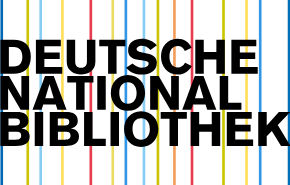SCHOOL LEADERS’ COMPETENCE IN WORKING WITH INFORMATION
DOI:
https://doi.org/10.55640/Keywords:
school leader, working with information, competence, information technology, digital literacy, information security, management, information culture, leadership staff, professional development.Abstract
This article discusses the importance and methods of improving the competence of school leaders in working with information. School leaders must possess the ability to correctly receive, analyze, store, and use information to make strategic decisions to ensure effective management in the educational system. The article highlights the necessary competencies for school leaders and suggests practical methods for developing these skills.
Downloads
References
1.Asadov Yu. M., Turdiyev N. Sh., Akbarova S. N., Temirov D. Sh., Babadjonov S. "Methods for Diagnosing and Correcting the Formation of Competencies in Students." – Tashkent: T.N. Qori Niyoziy Scientific Research Institute of Pedagogical Sciences, 2016. 160 pages.
2.Ashurov M., Mirzaakhmedova N. "Distance Education Concept." // Pedagogical Education. 2004. No. 2. Pages 23-24.
3.Ablyakimova, R. I. (2022). The Role Of Women In Government And Society in Uzbekistan. Mental Enlightenment Scientific-Methodological Journal, 2022(2), 1-9.
4.Izmerovna, A. R. (2024). "The Social-Pedagogical Aspect of Developing Managerial Competence in Future Teachers." INTERNATIONAL SCIENTIFIC-PRACTICAL CONFERENCES, 1(1), 5-8.
5. Ablyakimova, R. (2022). "Teaching and Shaping Traits of Effective Leadership for Future Leadership Personnel." Journal of Pedagogy and Psychology in Modern Education, 2(4).
Downloads
Published
Issue
Section
License

This work is licensed under a Creative Commons Attribution 4.0 International License.
Authors retain the copyright of their manuscripts, and all Open Access articles are disseminated under the terms of the Creative Commons Attribution License 4.0 (CC-BY), which licenses unrestricted use, distribution, and reproduction in any medium, provided that the original work is appropriately cited. The use of general descriptive names, trade names, trademarks, and so forth in this publication, even if not specifically identified, does not imply that these names are not protected by the relevant laws and regulations.







